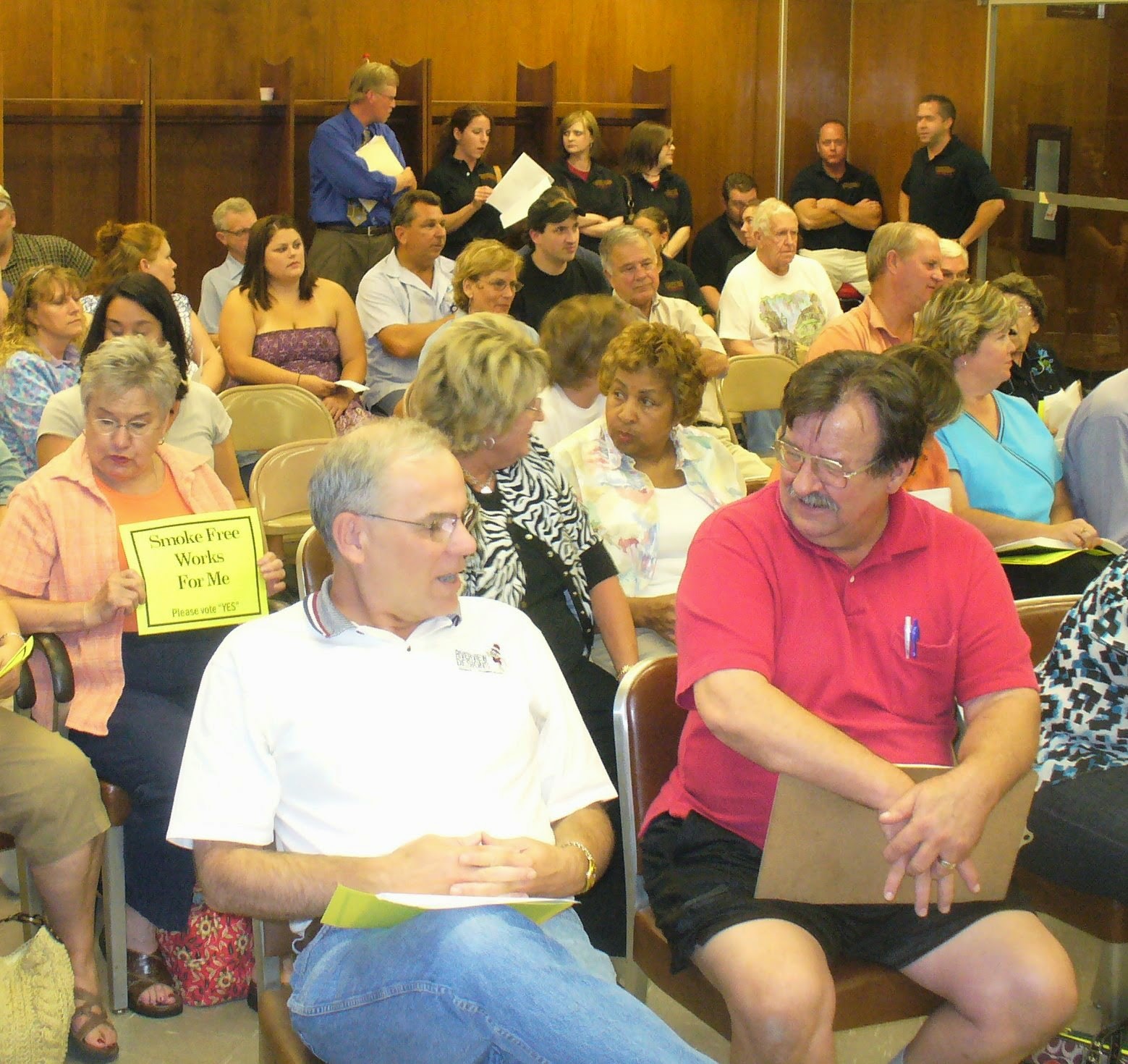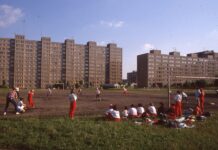
“George Bailey [from It’s a Wonderful Life], in today’s world, would not stay in Bedford Falls. He’d be the first person to get out, go off to Harvard, get a job in finance, live his life in the suburbs of NYC, and retire and die in Florida. He would never go back the Bedford Falls. Having a sense of loyalty is to say, I have some kind of obligation to this place, and in return, this place has some kind of obligation to me.”
Careful: Liberalism might not mean what you think it does. This is an excellent conversation. There are ideas; there are no miracles. It is an informative 45-minute podcast if you have the spare time to listen.
—
Big, Impersonal Institutions Are Failing Us. Loyalty to Our Communities Might Save Us, at Strong Towns
“The freer we are, the less we feel we control the mechanisms of our liberty and individuality.”
— Patrick Deneen
It’s no secret to our regular readers that Strong Towns founder and president Chuck Marohn is an avid reader. In fact, every December, Chuck shares a list of highly recommended books from the year that’s winding down—and in 2018, at the top of his list was Why Liberalism Failed by University of Notre Dame political scientist Patrick Deneen.
If partisan alarm bells (or a partisan cheering section) just started ringing in your head, hold up—Deneen is not talking about liberalism in the sense of the modern left-right divide. He means liberalism in the sense of “the liberal Enlightenment,” or as Deneen puts it in this week’s episode of the Strong Towns Podcast, “the philosophical political project of modernity.”
The centuries-long liberal project treats society as a collection of autonomous individuals, and governments as social compacts whose primary purpose is to protect individual rights. Think, for example, of the Declaration of Independence: “That to secure these rights, Governments are instituted among Men, deriving their just powers from the consent of the governed.” The promise of liberalism is to free individuals from each other: from the tribal, religious, and communal bonds that once ruled our lives.
The problem, according to Deneen, is that there is a paradox at the heart of that project. The freer we are from traditional social structures, the more powerful and encompassing must be the two mechanisms modern humans have invented to free us from those structures: the state and the market.
To the extent that there is a crisis of liberalism today—and the evidence for that lies in the political turmoil facing many Western countries—Deneen believes it may be because we feel more powerless than ever to meaningfully control or affect the course of either of those entities. Many of us treat national politics as largely a spectator sport, are cynical about the relevance or impact of voting or activism, and harbor a pervasive sense that market forces, far from bring shared prosperity, are leaving many of our communities behind as well.
What’s the answer? Deneen has no five-point plan. But he does urge us to take a hard look at the value of community—of living lives that are embedded in a place, and not shying from the interpersonal obligation that this entails. Elite culture in America teaches us to “look for the exits,” says Deneen, but there is value and meaning to be found in forging the deep bonds of community in the place you are rooted, even when that is an uncomfortable or self-sacrificing thing to do.
Deneen has his critics, but both his argument and its critiques fall outside of well-worn partisan ground. There is plenty here worth listening to and considering for Strong Towns advocates interested in the kind of localist revolution we talk often about: building deeply resilient, prosperous places from the ground up, through local action, without depending on either Washington or Wall Street for deliverance.











